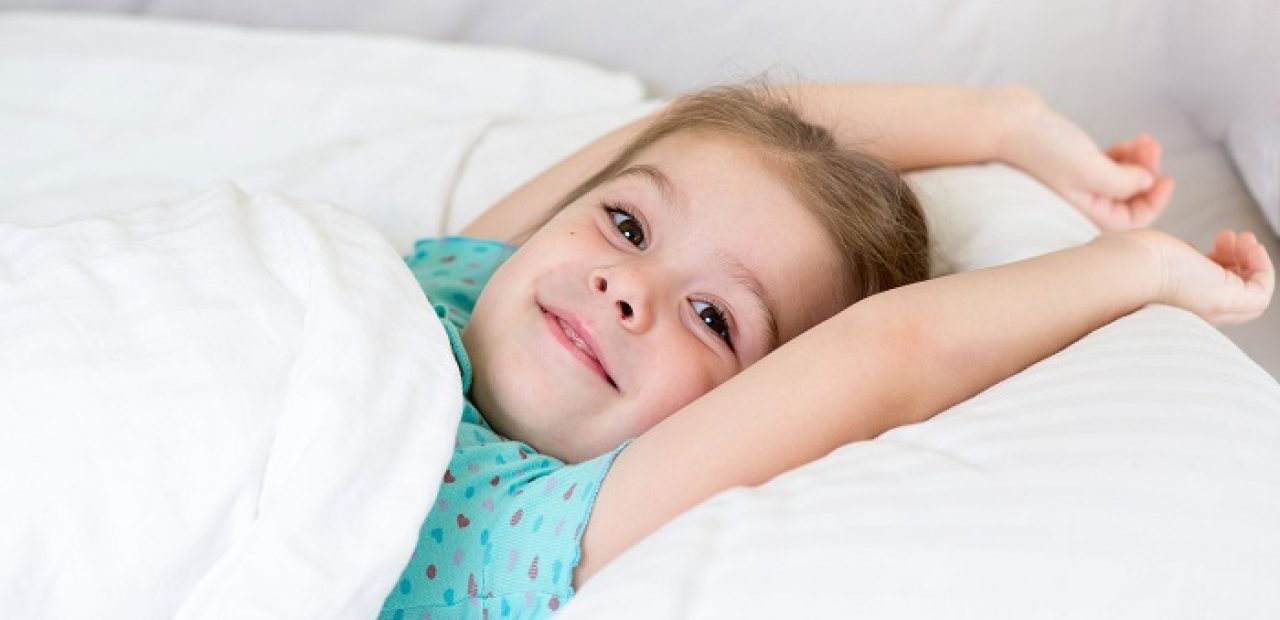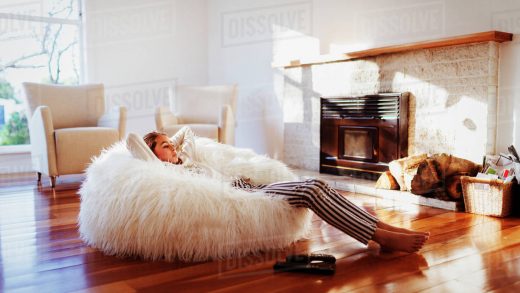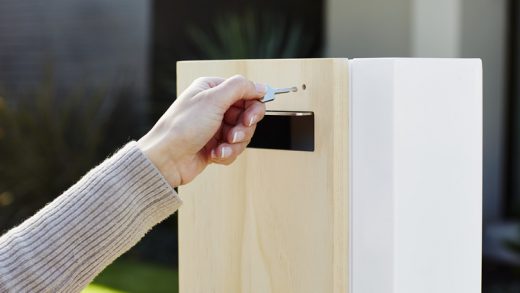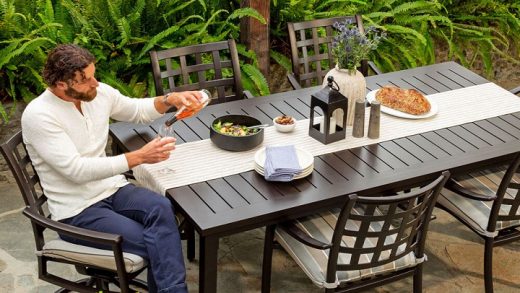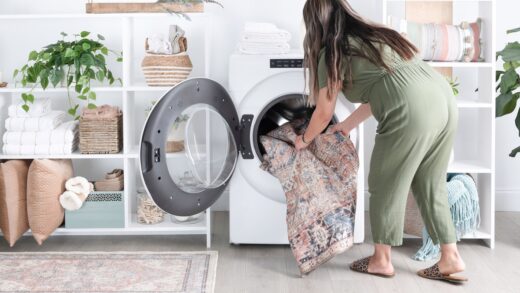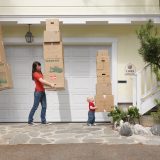Goldilocks’ Guide to Picking Out the Best Mattress for a Child
You remember the old tale about Goldilocks and the Three Bears? It was one of my favourite bed time stories growing up. In short – it’s about a girl with a definition that the best things in life should be just right – what we eat and how we sleep. I was never a picky eater but, oh how my mother was annoyed when I cried that my bed was too firm and caused me back pain. She kept wondering how could my mattress not be good when she invested hundreds of dollars in it? She thought I was just acting out because I wanted to be like my favourite story character. But imagine her shock and regret when after a couple of years I was diagnosed with scoliosis.
A bad mattress does not necessary cause any spinal problems by itself. However, it can significantly worsen the whole condition and prolong the recovery process. And not to mention how it could affect a child’s quality of sleep, which is very important for growing up healthy and strong. Because I personally have struggled with a bad mattress, I took the time and did my homework before buying one when my little one grew out his crib. Now this grown up Goldilocks wants to make things easier for other fellow parents by composing this well-researched guide. Let’s begin.

You can’t rely on your children to tell you outright how a mattress feels to them and it could happen that after you’ve made an expensive purchase that you find out that it’s not quite good for them. That means that testing before buying won’t make any difference, so you can freely explore the wide choice of mattresses online. You can browse through hundreds of mattresses without having to walk from store to store, and we know how a parent has only a limited amount of free time.
The most important feature a kid’s mattress should have, is a high level of support, which is of the essence for keeping the spine and bones aligned. Moreover, if the mattress is enough firm, your child will not roll over or toss and turn and will sleep soundly throughout the whole night. And that’s every parent’s dream! Pocket-sprung mattresses with a lot of springs offer a good amount of support at an inexpensive price. Memory foam mattresses are generally soft to the touch, but their padding is thick and adapts to the body, which provides comfort for particularly restless children. And if your child likes sleeping in a cooler environment, maybe latex foam mattresses will be perfect for him because they are very breathable and do not absorb body temperature.
You also need to consider the fact that children are fragile little beings with their immune systems not yet fully developed. And the mattress could sometimes be a home for bacteria to thrive in, which could cause a number of health problems like skin infections, asthma and allergies. You can make sure this does not happen by regularly washing the mattress and picking a material which is less likely to house bacteria. Synthetic mattresses have fibres that do not provide living conditions for bacteria and mites and are generally cheaper. But if you want to be extra sure your little one will not have its sleep affected by nasty parasites, you should go for a natural hypo-allergenic material. Bamboo is maybe the worst enemy to microbes because of its natural bacteria repellent properties, but you can also get similar effects with natural latex or pure wool. Some brands state whether the material is hypo-allergenic or not, so make sure to check this when shopping for mattresses online.
The size is also an important feature to consider when buying a mattress. The usual mistake thjat parents make is buying a kid sized mattress. Some kids like to spread and roll in their bed, and if the mattress is too small they could end up on the ground. A large enough mattress will give them enough space to freely move on it. Moreover, if the mattress is of high quality, it can last for years to come even after your child is all grown up.
These are just a few things to consider. After all, every child is different, and only a parent will know best their child’s preferences. Try to understand your child’s needs and wants before making a decision.

